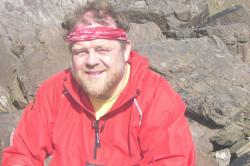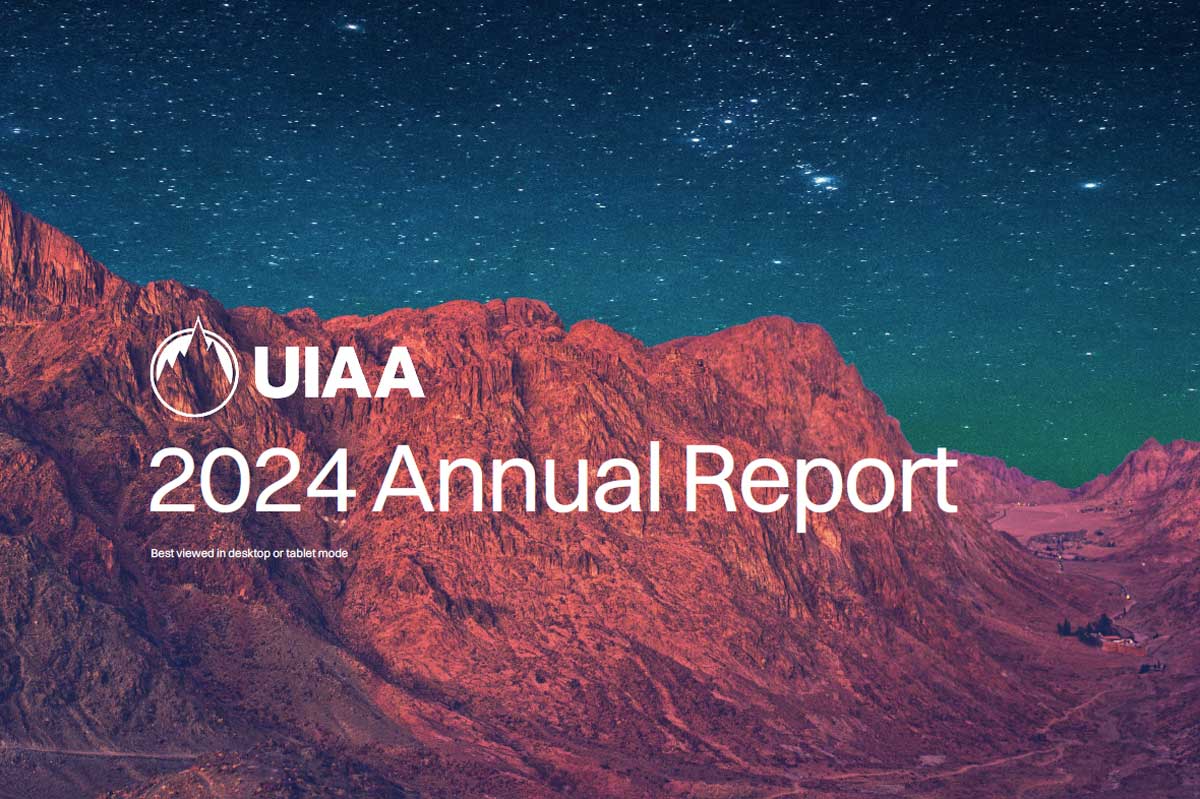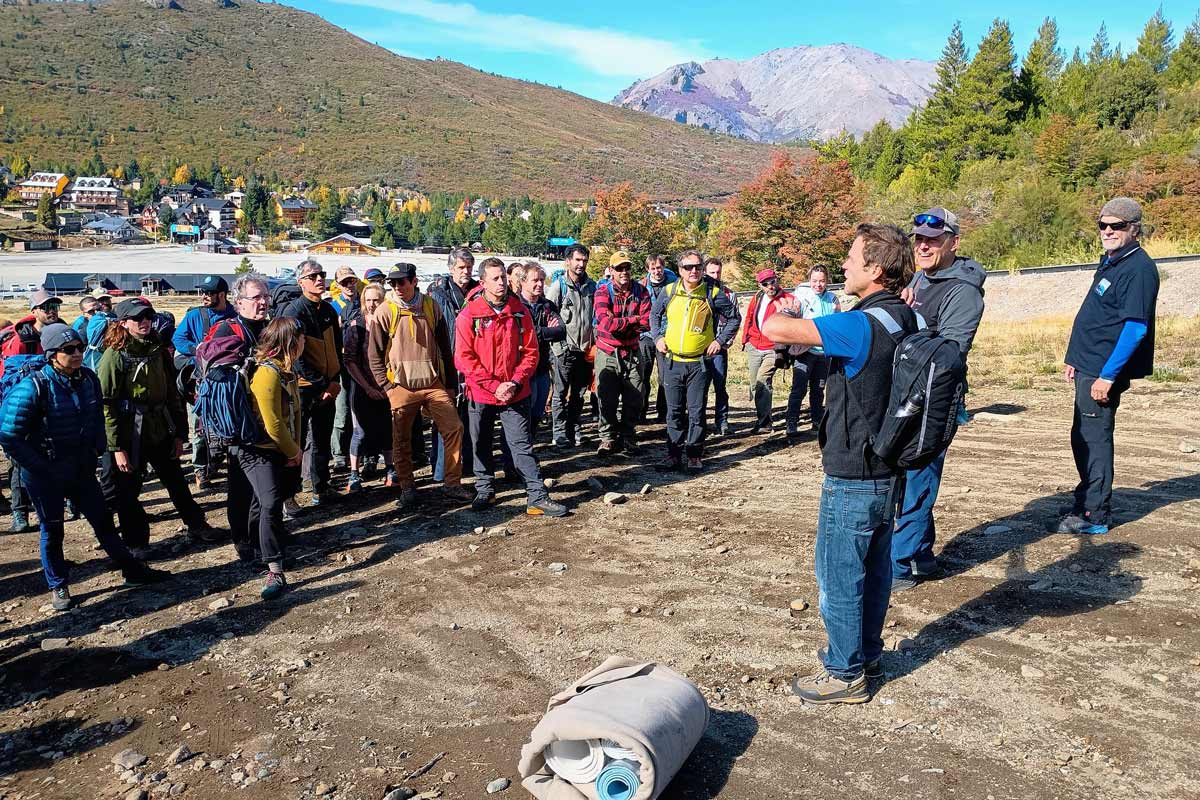“The Diploma of Mountain Medicine has come a long way,” says UIAA Medcom President Dr. David Hillebrandt
Twenty years ago, the UIAA, International Commission for Alpine Rescue (ICAR) and International Society of Mountain Medicine (ISMM) agreed on a common syllabus combining mountain and medical skills to form the basis of the Diploma of Mountain Medicine.
It’s come a long ways since.
An illustration of how it has grown is reflected in the fact that this month, ten years after its inception, the 200th United Kingdom UIAA/ICAR/ISMM University of Leicester Diploma of Mountain Medicine was awarded to Dr Ian Evans.
UIAA Medical Commission President David Hillebrandt Hillebrandt said this milestone represents a real achievement.
“The diploma was initially aimed at doctors with the objective of raising standards of medical advice and care of mountaineers,” said UIAA Medcom President Dr. David Hillebrandt. “Over the years the diploma has evolved in many ways and now welcomes suitably qualified paramedics and nurses.”
The administration team for the diploma is made up of a medical faculty, teaching and assessment team of British Mountain Guides (IFMGA) led by Graham McMahon, a University of Leicester team led by Dr Peter Barry, course secretary Caroline Clay, with financial support from the educational and research charity Medical Expeditions and their supporting organisation Medex.
The Diploma of Mountain Medicine has also spread to cover over 20 courses in thirteen countries. All offer a basic syllabus but adapt it for their own local needs.
Over the years the course has become more professional and continues to evolve to fit with developments in medicine and mountaineering. Regulations are constantly reviewed and updated by the joint UIAA, ICAR and ISMM organisational committee.
Dr. Hillebrandt also said most areas of the United Kingdom now have a fully qualified and experienced doctor who is in a position to give medical advice to patients, to groups planning expeditions and to teach mountain medicine to interested groups.
The course is open to all health professionals but the vast majority of holders are doctors although paramedics and nurses with appropriate experience are welcomed on the four-module course. The course covers all aspects of mountain medicine and is run in line with the international syllabus of the UIAA medical commission, ICAR medical commission and International Society of Mountain Medicine.
Fifty per cent of the syllabus involves mountain skills including navigation, Scottish winter skills, Alpine skills, avalanche rescue and formal and improvised rescue techniques. The medical syllabus includes remote trauma management, high altitude physiology, travel medicine, public health, cold injury and hypothermia and pre-existing medical conditions.
There are now 202 holders of the diploma with another 100 in the pipeline so most areas of medicine are also covered by the holder’s day jobs. This means that even if you consult a local doctor with limited experience in one field he or she will have access through an email group to get advice from other specialists.
The majority of holders are working in the fields of general practice, accident and emergency work or anaesthetics but the list, also includes paediatricians, oncologists, cardiologists, respiratory physicians, orthopaedic surgeons and many others.
The one thing uniting all diploma holders is a love of the mountains and the outdoors.
Although Medcom does not expect to see the diploma becoming a requirement for mountain medicine work, many medical members of UK mountain rescue teams are holders. Many also work with the British Mountaineering Council at different educational events and giving background advice and we provide a regular trickle of volunteers to work at the International Porter Protection Group and Himalayan rescue Association bases in Nepal. The UK frostbite advice service is one off-spring from the diploma offering 24 hour field advice anywhere in the world.”
Maintenance of the international standards is being encouraged by exchanges of guides and teachers between countries with doctors and guides from Switzerland and the UK visiting the Nepali Diploma, UK qualified doctors teaching in Canada and Norwegian guides visiting UK courses.
Please click her for more information on the UIAA Diploma of Mountain Medicine.



